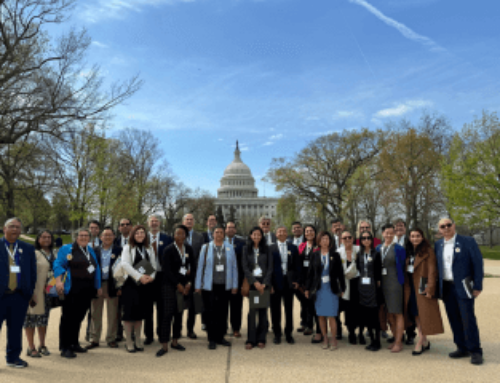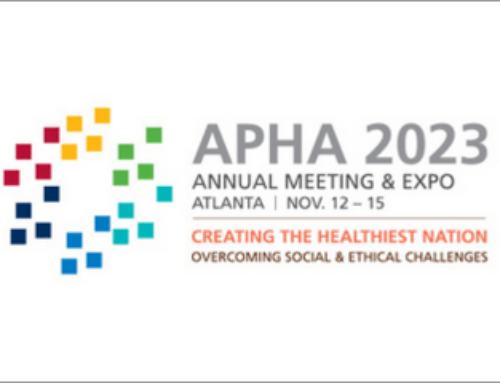Please help the AASM’s advocacy efforts by donating to the AASM Political Action Committee (https://aasm.org/advocacy/donate/)
Over the last several months the AASM has been very active meeting with legislators and administrators in Washington, D.C. to educate and obtain their support on our Safe Harbor proposal. As our members know, the current Medicare practice model of care for obstructive sleep apnea (OSA) is fragmented. Current policy and Federal law prevents a sleep physician from providing a sleep test and dispensing the therapeutic durable medical equipment (DME).
Anyone who does could face a felony
Knowingly and willfully receiving or paying anything of value to influence the referral of federal health care program business, including Medicare and Medicaid is felonious
What can I do??
Donate to the AASM Political Action Committee (PAC)! Your contribution will help increase access to care for patients with OSA by allowing the Board Certified Sleep Medicine Physician to test, treat, and perform long-term follow-up.
On December 29th, 2011, the Office of Inspector General (OIG) issued a ‘Call for Proposal’ soliciting proposals for developing new or modifying existing Safe Harbor provisions under the Anti-Kickback Statute. The Safe Harbor provision specifies that although there are various payment and business practices which could potentially violate the self-referral statute, such practices would not be treated as criminal offenses.
The AASM submitted a proposal on January 19, 2012 requesting the OIG to establish a safe harbor for a Board Certified Sleep Medicine Physician (BCSMP). The AASM requested that the BCSMP be allowed to perform a sleep test and distribute the DME equipment to Medicare patients for use in the treatment of OSA. To date, we have not received a response from the OIG.
The AASM has been meeting with representatives Congress and ask them to contact OIG and CMS and request that a Safe Harbor be established for a BCSMP. The Safe Harbor provision specifies that although there are various payment and business practices which could potentially violate the self-referral statute, such practices would not be treated as criminal offenses.
The positive outcomes of establishing a Safe Harbor include:
- Increase in Access to Health Care: Access will increase for patients with OSA because physician services, equipment and supplies that are medically necessary to diagnose and treat OSA will be coordinated from one entity – the BCSMP and his/her staff.
- Improved Quality of Health Care Services and Adherence: Quality of care will increase dramatically as will the patient’s adherence with treatment since all care, including testing, treatment and long-term follow-up, will be directed and managed by the BCSMP.
- Reduced Cost to the Federal Health Care Programs: The cost to the Federal health care program will decrease dramatically because only medically necessary services, supplies and equipment will be prescribed and delivered to the patient.
- Provision of Services in Medically Underserved Areas or to Medically Underserved Populations: The concept of the BSCMP managing patient care can be replicated in underserved areas and made available to medically underserved populations.








